As customers’ habits change, business models evolve, and innovation and business improvement become crucial success factors. During this digital transformation, information must become an asset – not a problem. Previously, integration engines were only accessible to larger companies, that is no longer the case. Now in the market, there are smart and cost-effective integration solutions available that collate information and create workflows, freeing up resource which enables small to medium-sized companies to focus on revenue growth and product development.
With a modern integration solution, virtually all stakeholders and subsystems that are, or need to be, part of the business process can be linked together. Business efficiencies are immediate when work tasks are automated and new sources of information added in real-time.
The importance of process over product
If you are looking to transform, enhance or grow your business, the focus should not just be on new products. Sometimes developing a new business model, streamlining processes, or offering new services are just as important. “In order to succeed, you need a solution and infrastructure that connects the company’s various information sources and subsystems. Instead of a large number of direct integrations between different systems, a modern integration solution creates a coherent information flow which improves the efficiency of business processes”, says Björn-Ola Kronander, business architect at Connect Companies, the company that owns and sells Blue Integrator.
Managing change effectively is pivotal to success
Through the deployment of an integration engine, an organization will feel an immediate benefit, and will also be in a strong strategic position to manage future IT updates. Streamlining, developing new services, and keeping large amounts of data together becomes easier and eradicates the need for time intensive, manual information transfer. A modern integration solution also frees up time for research and development. “If you make integrations directly, it tends to be extremely costly and difficult to manage over time. It also creates an environment that is sensitive to change and will require extensive manual intervention moving forward.” “Today, companies are expected to move quickly from concept to implementation of a new business model, service, or product. With this in mind, a smart integration solution coupled with the latest enterprise architecture can make a huge difference”, concludes Björn-Ola.
About Blue Integrator
Blue Integrator’s key differentiator is that its integration engine is extremely easy to install and use. Unlike solutions with a large number of direct integrations, the integration engine only needs to register information once. It saves time and resources and reduces the risk of errors. It is also very flexible and enables a large number of integrations, including ERP-system Dynamics 365 in Azure (an integration which few companies offer). The integration engine is also extremely cost effective when compared to market alternatives. Blue Integrator is currently being used by over 200 companies globally.


